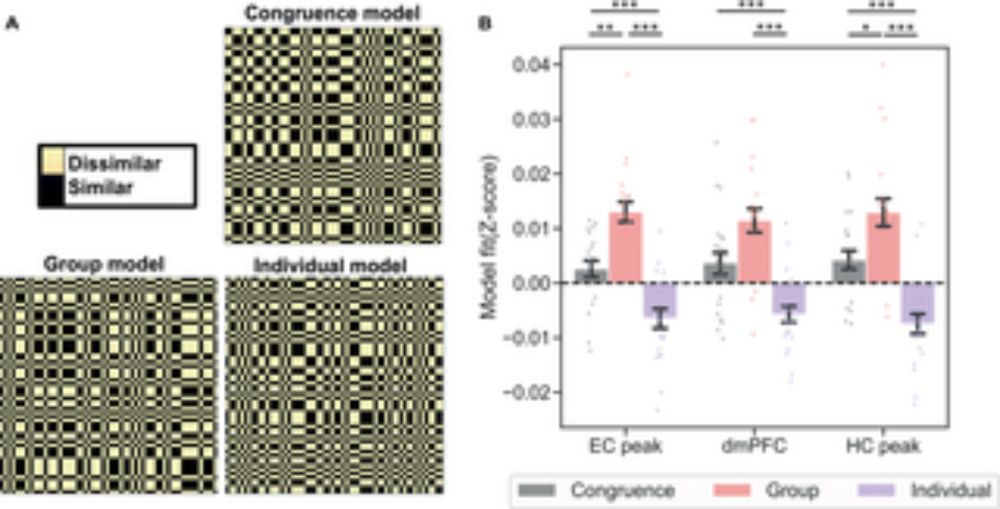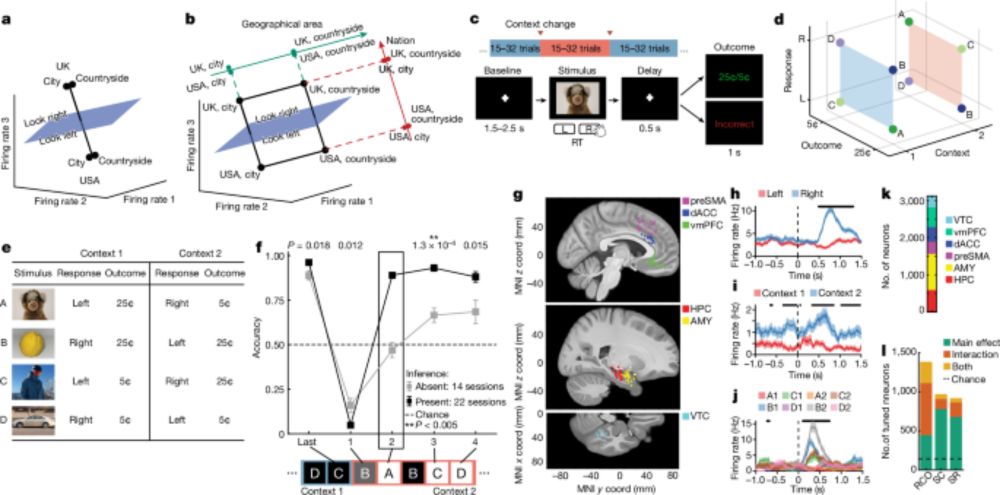Case: doi.org/10.1016/j.br...
Letters: www.elsa-fouragnan.com/blog | web.stanford.edu/~kimbutts/Le...

Case: doi.org/10.1016/j.br...
Letters: www.elsa-fouragnan.com/blog | web.stanford.edu/~kimbutts/Le...
Using novel behavioral tasks, fMRI, RL & RNN modeling, and transcranial ultrasound stimulation (TUS), we demonstrate the causal role of hippocampus in relational structure learning.
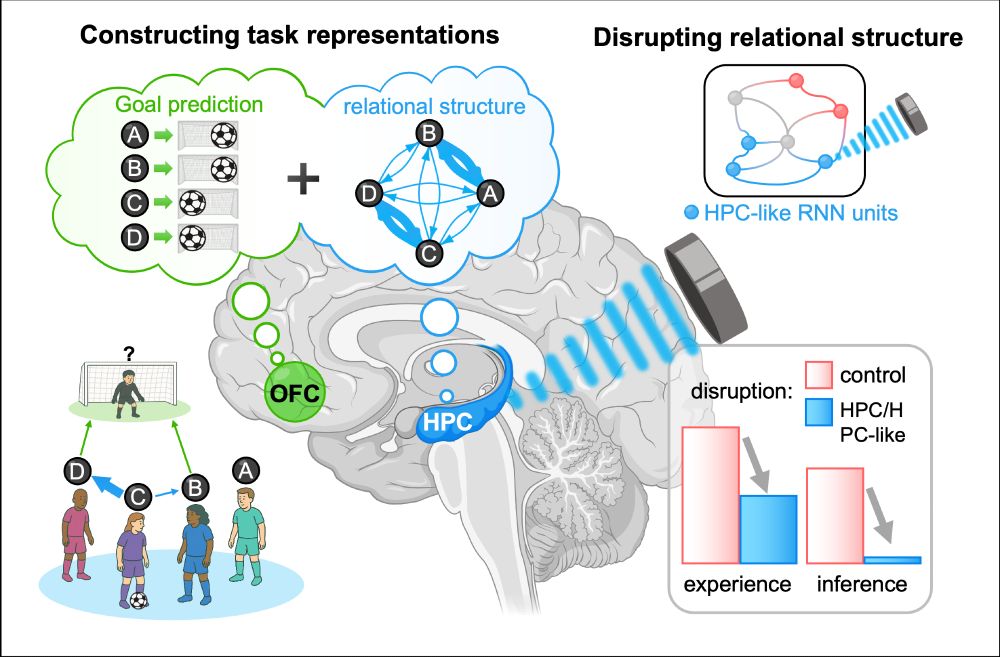
Using novel behavioral tasks, fMRI, RL & RNN modeling, and transcranial ultrasound stimulation (TUS), we demonstrate the causal role of hippocampus in relational structure learning.
Cool lab, exciting projects in social neurosicence 👩🏫+👥+🧠+⚡️+🇬🇧.
🧠💫🔊 We are looking for postdocs interested in the abstract mechanisms underlying social cognition. Modelling, fMRI and non-invasive ultrasound, a new deep-brain stimulation method.
Please RT
www.ucl.ac.uk/work-at-ucl/...

Cool lab, exciting projects in social neurosicence 👩🏫+👥+🧠+⚡️+🇬🇧.

Perceptual Metacognition Beyond Confidence -
a little commentary piece by Tomoya Nakayama & yours truly (on @nadinedijkstra.bsky.social, Thomas von Rein, @peterkok.bsky.social, & @smfleming.bsky.social’s recent Neuron paper)
🧠📈
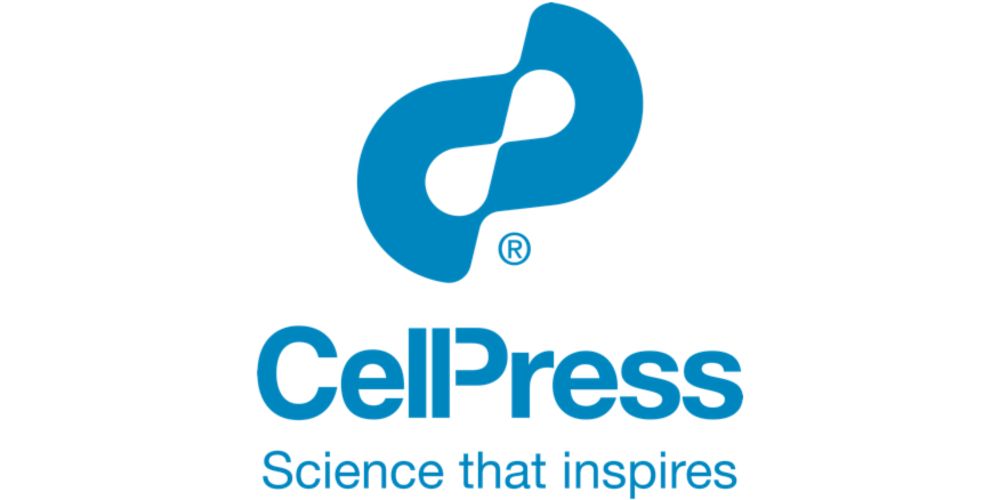
Perceptual Metacognition Beyond Confidence -
a little commentary piece by Tomoya Nakayama & yours truly (on @nadinedijkstra.bsky.social, Thomas von Rein, @peterkok.bsky.social, & @smfleming.bsky.social’s recent Neuron paper)
🧠📈
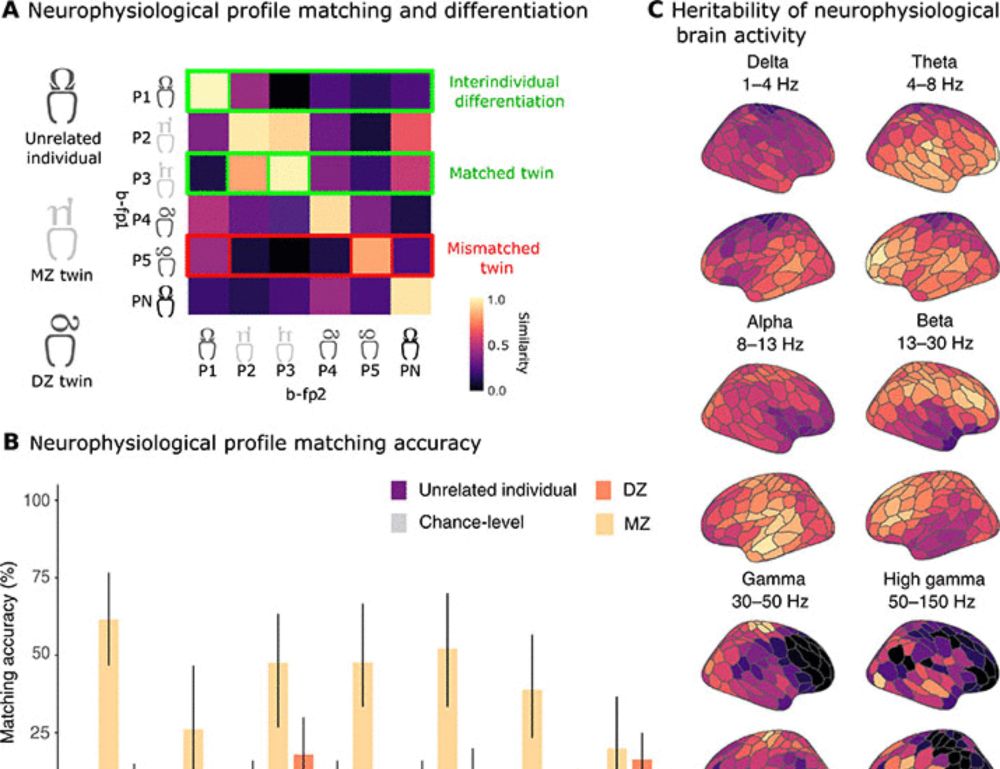
We tested whether behavioural and RL-based model parameters are test-retest reliable and predict mental health traits.
The result? Not really.
A cautionary tale for comp. psychiatry
doi.org/10.1038/s442...
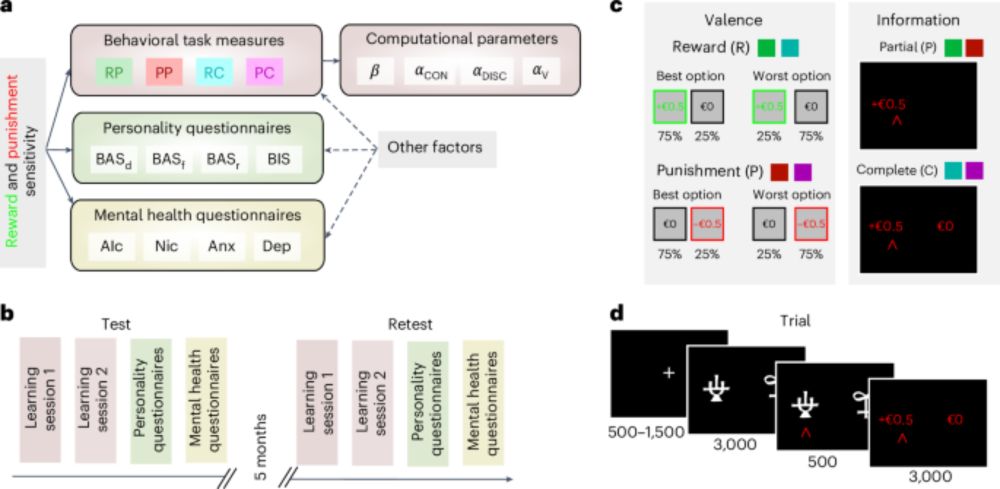
We tested whether behavioural and RL-based model parameters are test-retest reliable and predict mental health traits.
The result? Not really.
A cautionary tale for comp. psychiatry
doi.org/10.1038/s442...
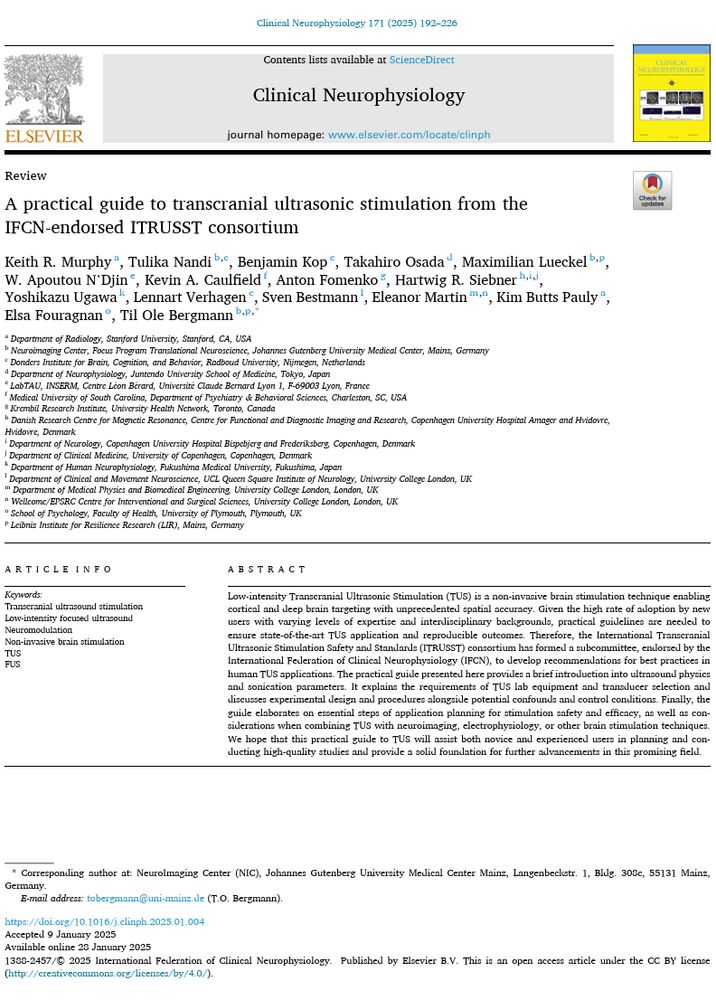
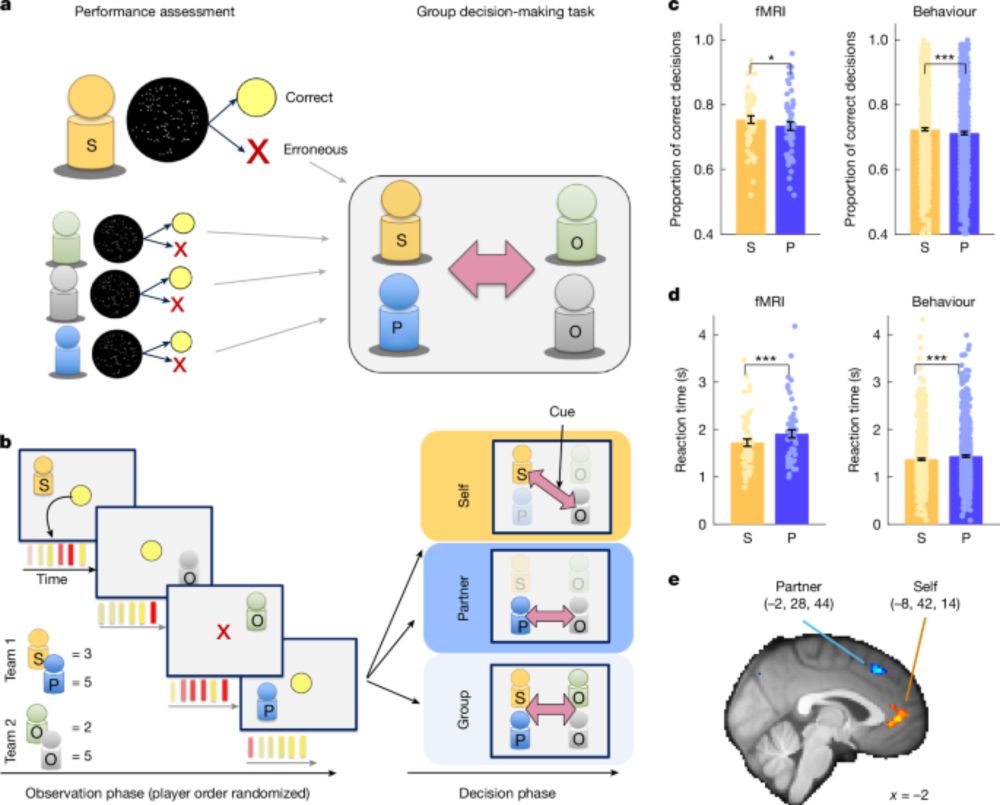
...we are looking for someone with an interest in computational psychiatry and/or naturalistic neuroimaging to work on a new ERC Advanced grant "The Neurocomputational
Mechanisms of Anxiety Treatment Response (MECHANX)". (1/3)

...we are looking for someone with an interest in computational psychiatry and/or naturalistic neuroimaging to work on a new ERC Advanced grant "The Neurocomputational
Mechanisms of Anxiety Treatment Response (MECHANX)". (1/3)
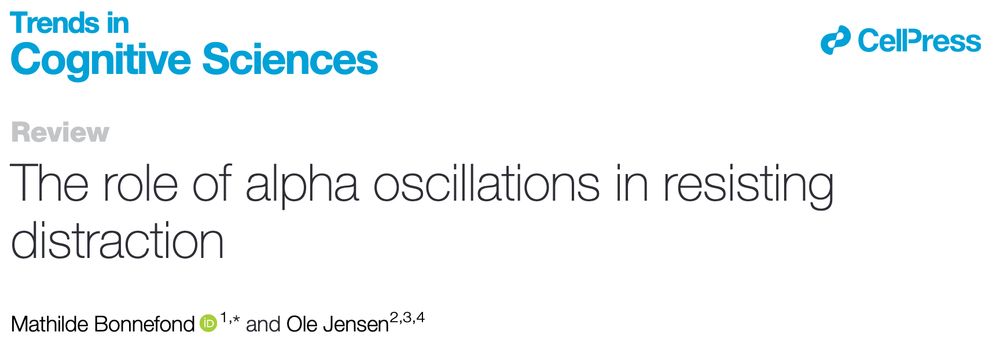
www.nature.com/articles/s41...
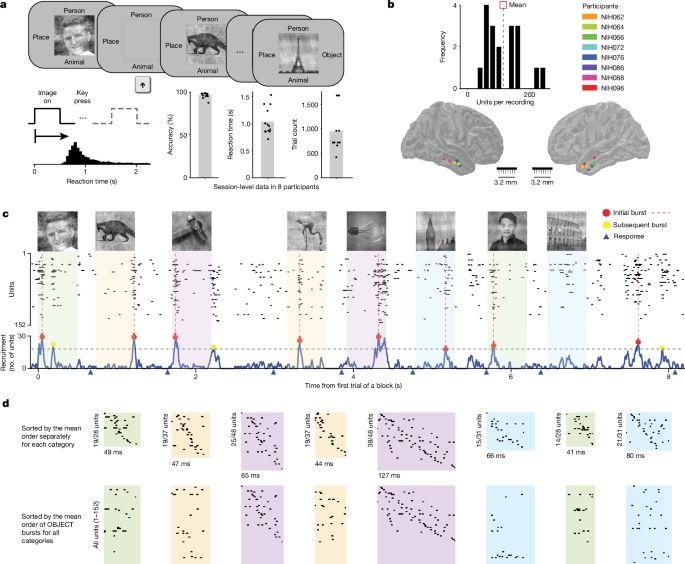
www.nature.com/articles/s41...
with the amazing @sylvainbaillet.bsky.social @alexwiesman.bsky.social & Margot Taylor
www.biorxiv.org/content/10.1...
🧵(1/3)

with the amazing @sylvainbaillet.bsky.social @alexwiesman.bsky.social & Margot Taylor
www.biorxiv.org/content/10.1...
🧵(1/3)
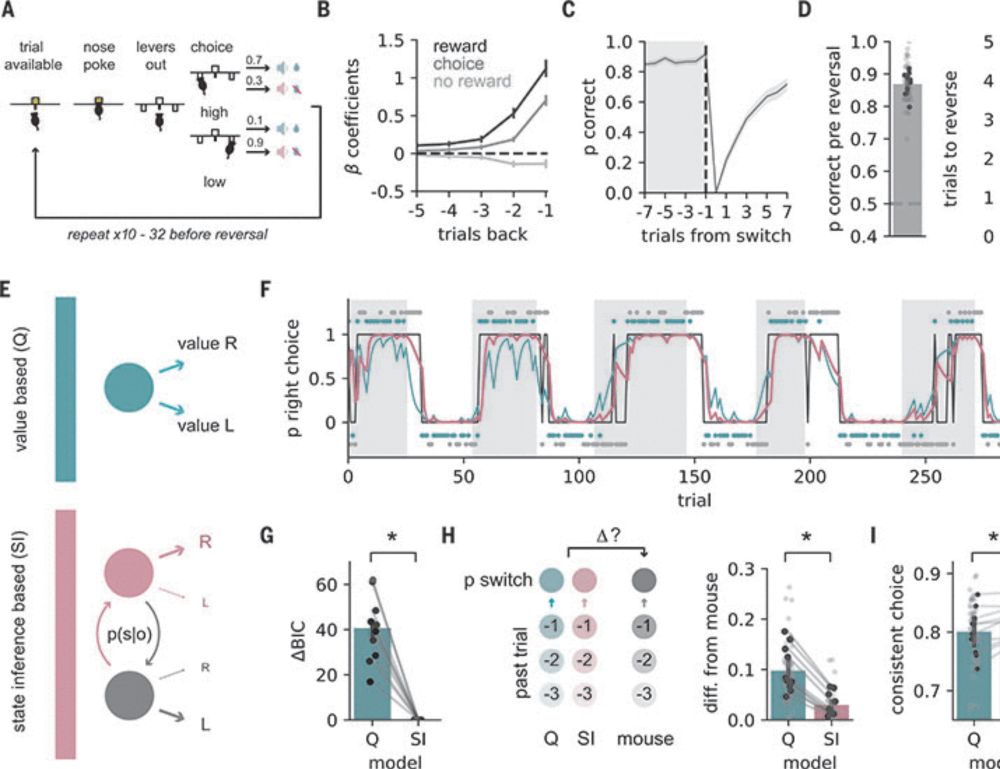
osf.io/preprints/ps...
osf.io/preprints/ps...
#neuroscience #neuroai #compneuro
www.nature.com/articles/s41...
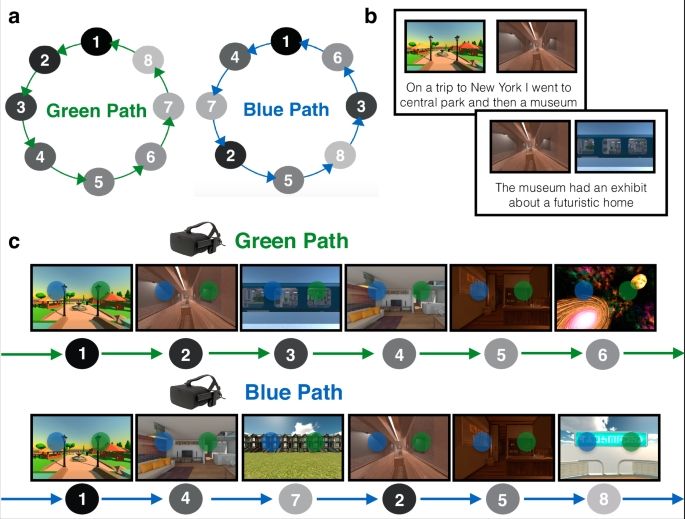
#neuroscience #neuroai #compneuro
www.nature.com/articles/s41...
www.nature.com/articles/s41...
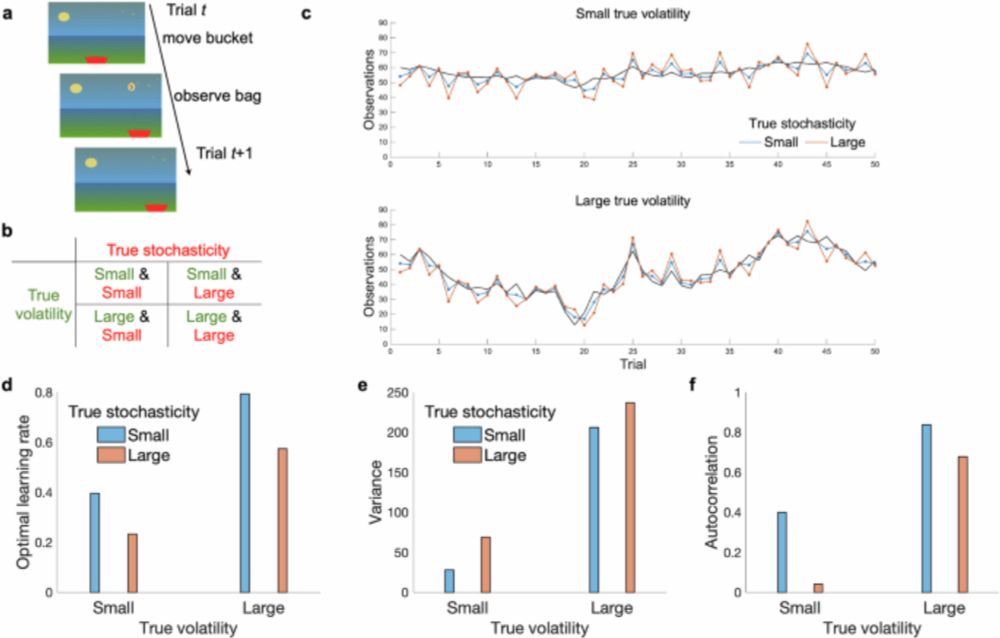
www.nature.com/articles/s41...
@elife.bsky.social right now - do humour us for advertising a study that was several years in the making (submitted way back when it was still possible for reviewers to reject us!). We’re rather proud of it.🧵👇 elifesciences.org/articles/82823

@elife.bsky.social right now - do humour us for advertising a study that was several years in the making (submitted way back when it was still possible for reviewers to reject us!). We’re rather proud of it.🧵👇 elifesciences.org/articles/82823


